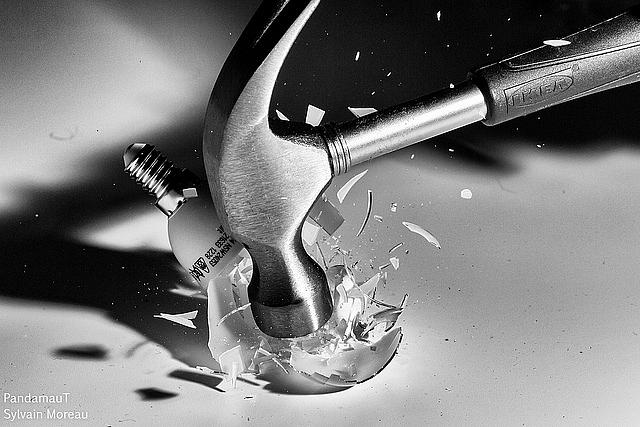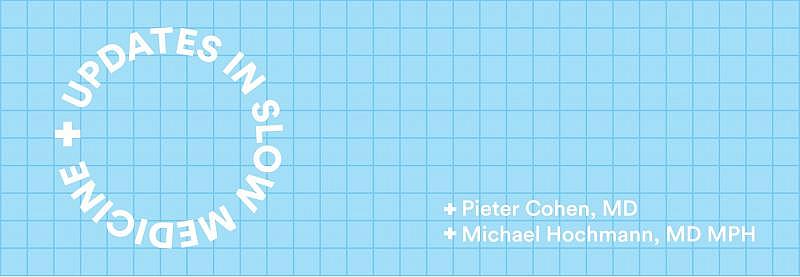Medicine gives you a big hammer, but wisdom comes in knowing its limits

As physicians, we can find evidence in the research literature to support or discourage almost anything. If we don't have a coherent approach to care, it's quite difficult to decide when we have sufficient evidence to change our practice. Each doctor needs to figure out a thoughtful, consistent approach to incorporating new evidence into their practice.
Usually when you have a hammer, you look for opportunities to use it. We don’t. We’re always on the lookout for opportunities not to use our hammer. We refer to surgeons who emphasize diagnostic reasoning over early operations. We encourage primary care providers to care for patients with fewer medicines, interventions and referrals.
We assume that addressing lifestyle changes is better than any diagnostic study, medication or device, so we look for strong evidence to convince us to intervene beyond lifestyle changes. In contrast, physicians who practice “Fast Medicine” might assume that most new interventions will help their patients, and then look for evidence to convince themselves that they shouldn’t intervene. We do the opposite: We set a high bar for a study to convince us that we should adopt a new intervention, and we read the literature looking meticulously for the reasons that studies supporting it might be flawed.
We didn't always approach the literature through the Slow Medicine lens, but we learned with experience. Pieter recommended hormone replacement therapy to all postmenopausal patients without breast cancer before the Women's Health Initiative was published in 2002. But he was completely sold on Slow Medicine by 2009, when he learned that the original research supporting hormone replacement therapy was actually a brilliant Wyeth advertising campaign.
Both Slow Medicine and Fast Medicine can be practiced thoughtfully. What we hope to teach our housestaff is that they should develop their own philosophy of care, and then practice and interpret the literature accordingly. Slow Medicine is not for everyone. What's important is considering your own set of values before you start reading the latest literature, so that you can translate what you read into a comprehensive practice of medicine.
[Photo by Sylvain Moreau via Flickr.]



